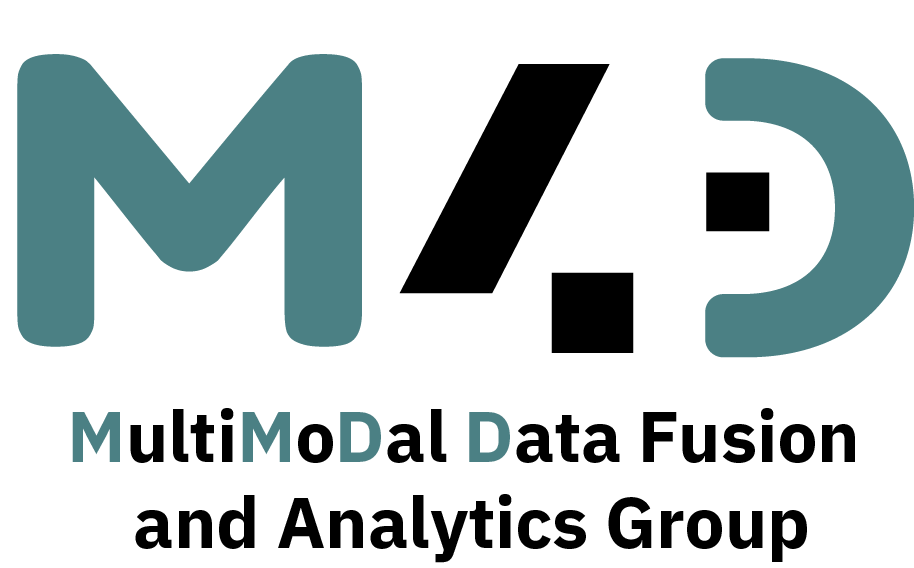
R3VOLUTION
A rEVOLUTIONary approach for maximising process water REuse and REsource REcovery through a smart, circular and integrated solution
R3VOLUTION (R3V) project will revolutionize industrial water management in the EU, providing key innovations that can enable economically, environmentally and operationally water reclamation projects (by addressing solutes and energy recovery challenges), and generate significant impact for the EU in the next decade. To pave the way towards sustainable and efficient water and resource consumption, R3V takes on the challenge of developing and demonstrating a resource recovery solution that will enable >90% water reuse across most intensive water industries, applicable upstream and downstream, whilst recovering >45% effluents solutes, >50% waste heat reuse and eliminate 100% of hazardous substances. R3V will investigate, develop and demonstrate tailored membrane-based treatment trains coupled with waste heat, and a digital process assistant (DPA) to support the design phase to achieve optimal configuration for different industrial settings, minimising risks in implementation and provide critical support in operation. With the aim to demonstrate R3V solution capabilities and replicability potential across varied process industries, the project includes 4 physical demo cases at pilot scale targeting several up- and down- streams in a variety of industries with high water discharges and complex effluents: petrochemical, bio-based chemical, pulp & paper and steel, each led by renowned technological partners. The project will also assess the transferability of the results by evaluating one additional industry (mining in Chile), and its replicability in 3 additional streams, via the DPA tool developed within the project. The consortium perfectly maps the triangle of competences required to develop R3V solution: membrane technologies and design of treatment trains, energy recovery and digitalisation, considering also transversal competences such as economic, environmental and social assessment, together with the exploitation plan of the developments.
M4D is responsible for optimizing datasets from wastewater streams to feed data-driven models and explainable AIs, ensuring these datasets enhance process models and validate outputs by comparing them with physical-based models. This process clarifies the impact of process conditions on data and underscores the value of data-driven techniques in making recommendations. The output from explainable AI models, combined with reliable data, will be integrated into a calibrated process model, forming a recommendation system that tailors suggestions based on specific use cases. M4D leads the development of explainable AI methodologies, focusing on providing interpretability, optimizing manufacturing processes, and preparing input for the recommendation system. This involves creating digital twins, optimizing sensors, material structures, simulations, and explaining process behavior. M4D will develop a recommendation system for better data management and system applicability across various cases. This involves managing data from process models, ML models, and explainable AIs to create a Process Digital Twin, with reliable recommendations for wastewater treatment plants.

